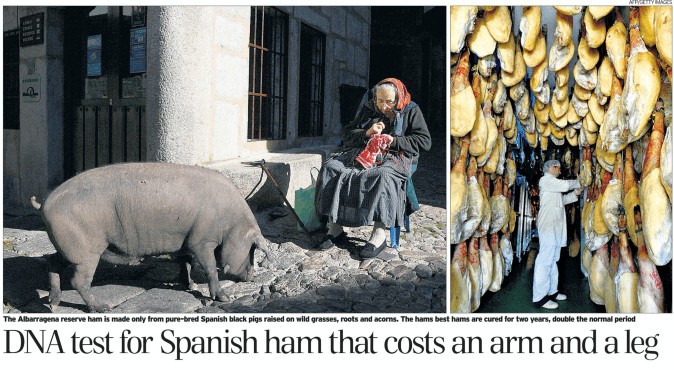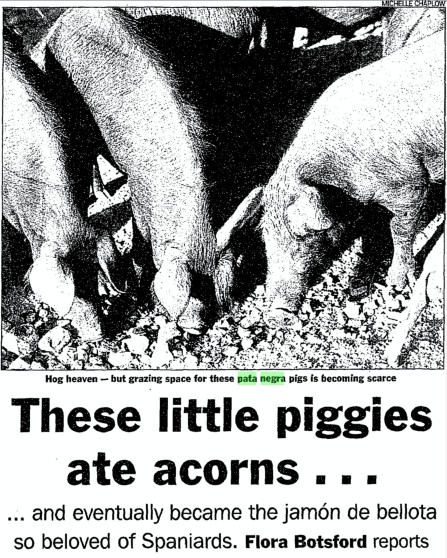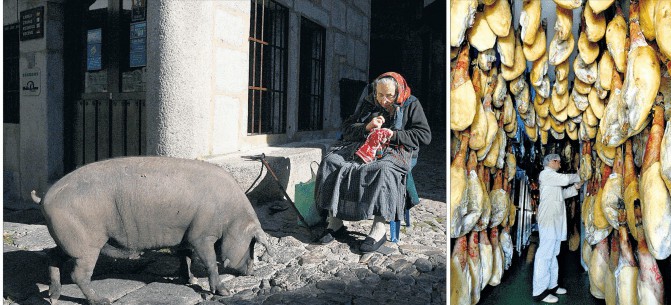│By Pauli Kettunen, Gale Ambassador at the University of Helsinki│
As I have previously emphasised here on The Gale Review, students have much to gain from using primary source archives. And not just for minor assignments – in this post Lily Deans from the University of Birmingham explained how she used Gale Primary Sources in her final-year dissertation. Developing on this, I now want to spotlight how Gale Primary Sources is extensively used by our lecturers as well – it really is bona fide research material! In this post, I interview Alejandro Gómez del Moral, Ph.D., a University Lecturer of Economic and Social History at the University of Helsinki. He is using Gale Primary Sources in his current research project and was willing to share his thoughts with me. Due to the pandemic, we had our discussion on a video call, and Gómez del Moral was quick to mention how glad he was that these digital sources are still available for his research while many physical locations are closed.

Finding the right sources
Gómez del Moral has previously written about topics such as consumer culture and fashion in Franco’s Spain. He is now focusing on the intersection of gastronomy, national pride and business. According to him, there is one thing that has to be mentioned immediately in connection with the themes above in the context of Spain: the black Iberian pig and the products produced from this breed, such as dry cured jamón Ibérico ham. These products are relevant to his research from every angle: they are gastronomical delicacies as well as a matter of national pride in Spain – and they make for good business, as authentic Ibérico products sell for substantial sums.

While Gale Primary Sources doesn’t have an abundance of Spanish sources, Gómez del Moral says it is actually useful to find perspectives from outside Spain, as this is an important aspect in his research as well, and he has been using, among others, the Financial Times Historical Archive and International Herald Tribune Historical Archive. According to him, the Financial Times is “a prime English opinion publisher about Catalonia”, while the International Herald Tribune is useful because of its clearly defined readership of travellers and expats. One of the research topics he has been searching using these sources is how Spain has been marketed overseas. In other words, what kind of picture of Spain is purposefully created in travel advertisements and the like. He showed me an example advertisement from the Economist Historical Archive where pork products were pretty much the first topic discussed.
Researching with Gale Primary Sources
Moving on to the technicalities of research, Gómez del Moral mentioned that he appreciates the versatile Advance Search tool available in Gale Primary Sources, made possible with OCR (Optical Character Recognition). It allows him to search for keywords such as jamon or Iberico across a vast number of documents and easily find useful material. He also likes that the platform allows users to download PDF files of any source, as this allows him to compile his chosen research materials in one place. Gómez del Moral also mentioned how useful it is that the PDF download function automatically includes the full source citation at the end of the PDF document – citing sources correctly is a top priority for an academic after all!


Gale Primary Sources has so many varied collections there should be something relevant for almost any research topic. Specialising in Business and Economic History, Gómez del Moral says that the most useful things for him are found in the Gale Historical Newspapers. Papers such as the Financial Times and other specialised periodicals usually provide the best kind of sources for his research. Gale’s full-text search functionality also makes it possible to use archives that span centuries of material, and still find useful content – even if one’s research area is very specific. As well as the newspaper archives, Gale also offers curated archives built around a certain theme, such as the Archives of Sexuality and Gender and Indigenous Peoples of North America, which can also make it simple to start researching a topic.
With thanks to Alejandro Gómez del Moral for taking the time to take part in this interview.
Interested in reading more posts about the intersections between society, politics and newspapers? Try ‘The Role of the Mirror in Shaping British Journalism‘, ‘Exploring Cultural Expectations of Women Advocated in Historical Newspapers‘ or dig around for something that interests you in the Society and Politics category!


